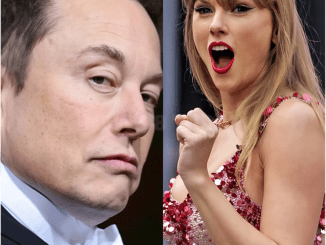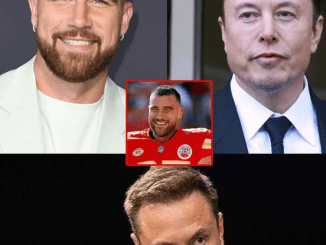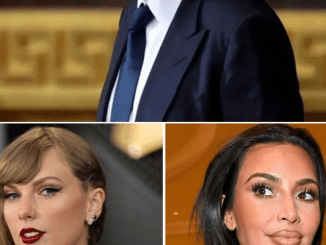
In recent years, Elon Musk, the enigmatic CEO of Tesla, has become both a household name and a lightning rod for controversy. From his bold predictions of the future to his outspoken presence on social media, Musk’s every move is scrutinized by the public and the media alike. However, in a recent turn of events, Musk has taken aim at the media, accusing them of inciting attacks against Tesla and portraying him as the victim of a larger conspiracy. Musk’s distrust of the media is not unfounded. Over the years, Tesla has faced its fair share of negative press, from reports of production delays and quality control issues to allegations of workplace discrimination and safety violations. In Musk’s eyes, this negative coverage is not a result of legitimate criticism but rather a concerted effort to undermine his company and reputation. In a series of tweets and public statements, Musk has accused journalists and news outlets of sensationalizing stories about Tesla to drive clicks and ad revenue. He has gone so far as to claim that there is a coordinated campaign to discredit him and his company, with the goal of weakening Tesla’s position in the market and tarnishing his personal brand. The media, for their part, have pushed back against Musk’s claims, arguing that their reporting is based on facts and evidence rather than malicious intent. They point to Tesla’s history of missed production targets, safety issues, and shareholder lawsuits as legitimate areas of concern that warrant scrutiny and reporting. However, Musk remains steadfast in his belief that he is the victim of a smear campaign, and he has taken to social media to rally his supporters and denounce his critics. His combative stance has drawn both praise and condemnation, with some applauding his willingness to speak out against what he perceives as unfair treatment and others criticizing him for attempting to silence legitimate criticism and hold the media accountable. Ultimately, the feud between Musk and the media raises larger questions about the role of the press in holding powerful individuals and institutions to account. While it is important for journalists to maintain objectivity and report on facts rather than conjecture, it is also essential for public figures like Musk to be held to a high standard of transparency and accountability. As the CEO of a publicly traded company with a large and devoted following, Musk has a responsibility to be open and honest with his stakeholders, including investors, customers, and employees. By engaging in a public war of words with the media, Musk risks further damaging his own credibility and that of Tesla, potentially undermining the success of the company in the long run. In conclusion, the allegations made by Elon Musk against the media are part of a larger debate about the balance between freedom of the press and the responsibilities of public figures. While Musk may feel aggrieved by the coverage of Tesla, it is incumbent upon him to address the underlying issues that have led to negative press and work towards building a more positive and transparent relationship with the media and the public. Only then can Tesla and its controversial CEO move forward with the trust and confidence of their stakeholders intact.


